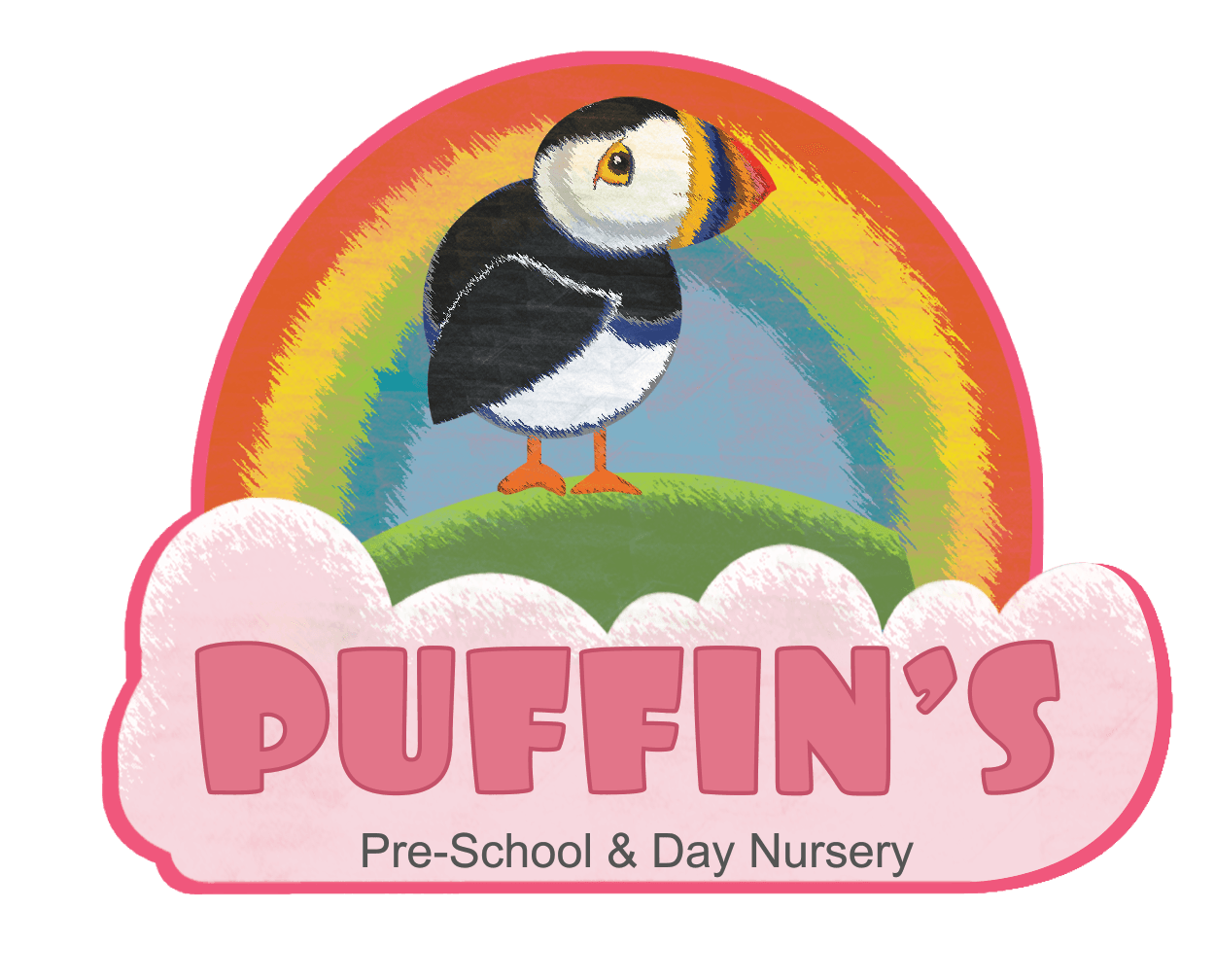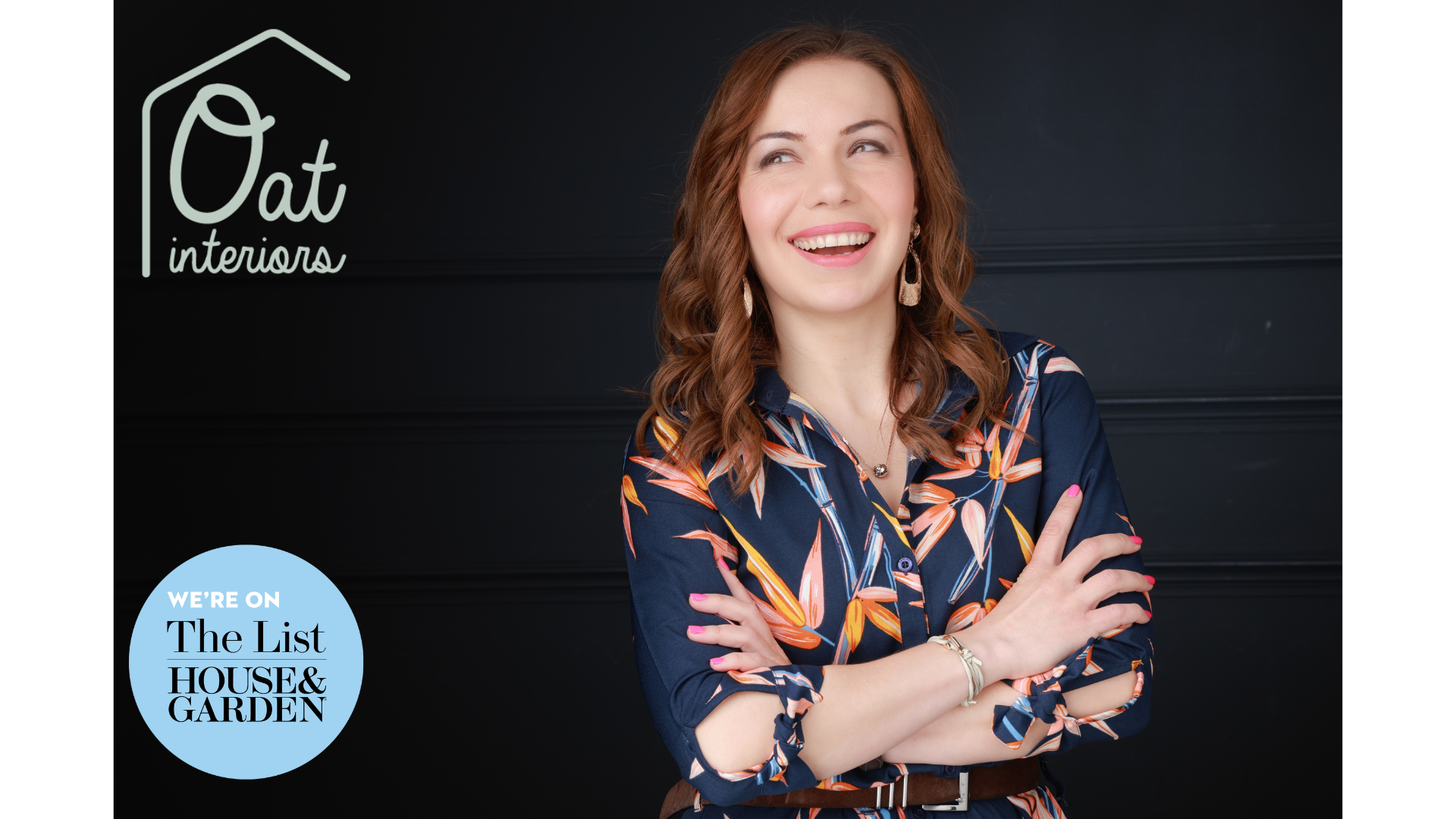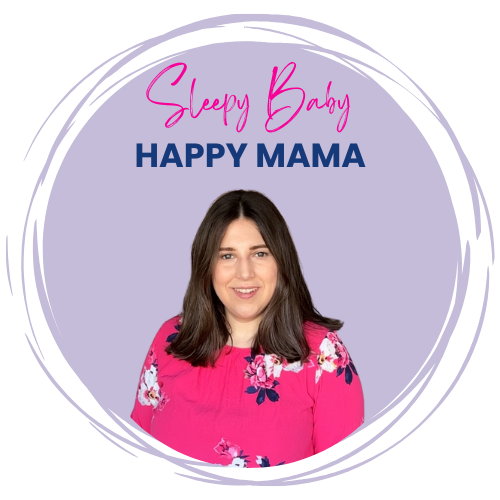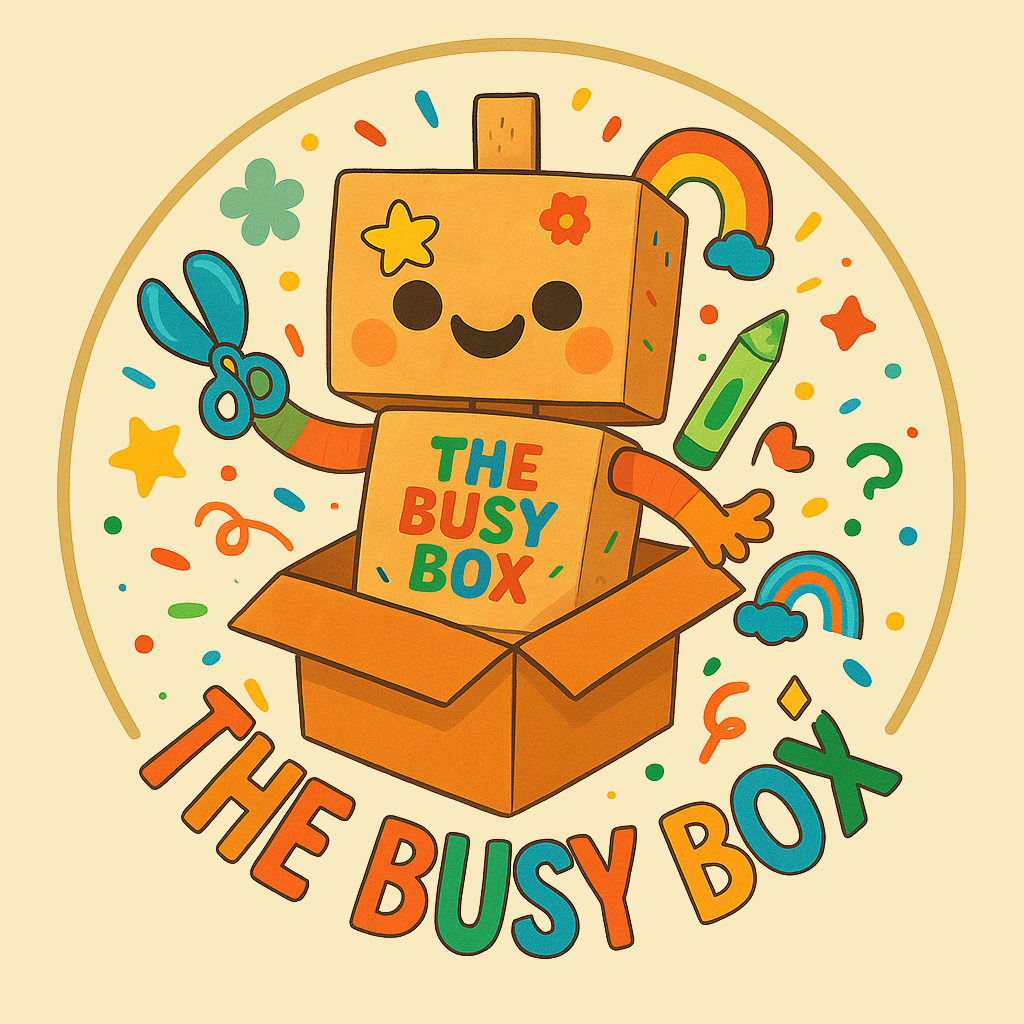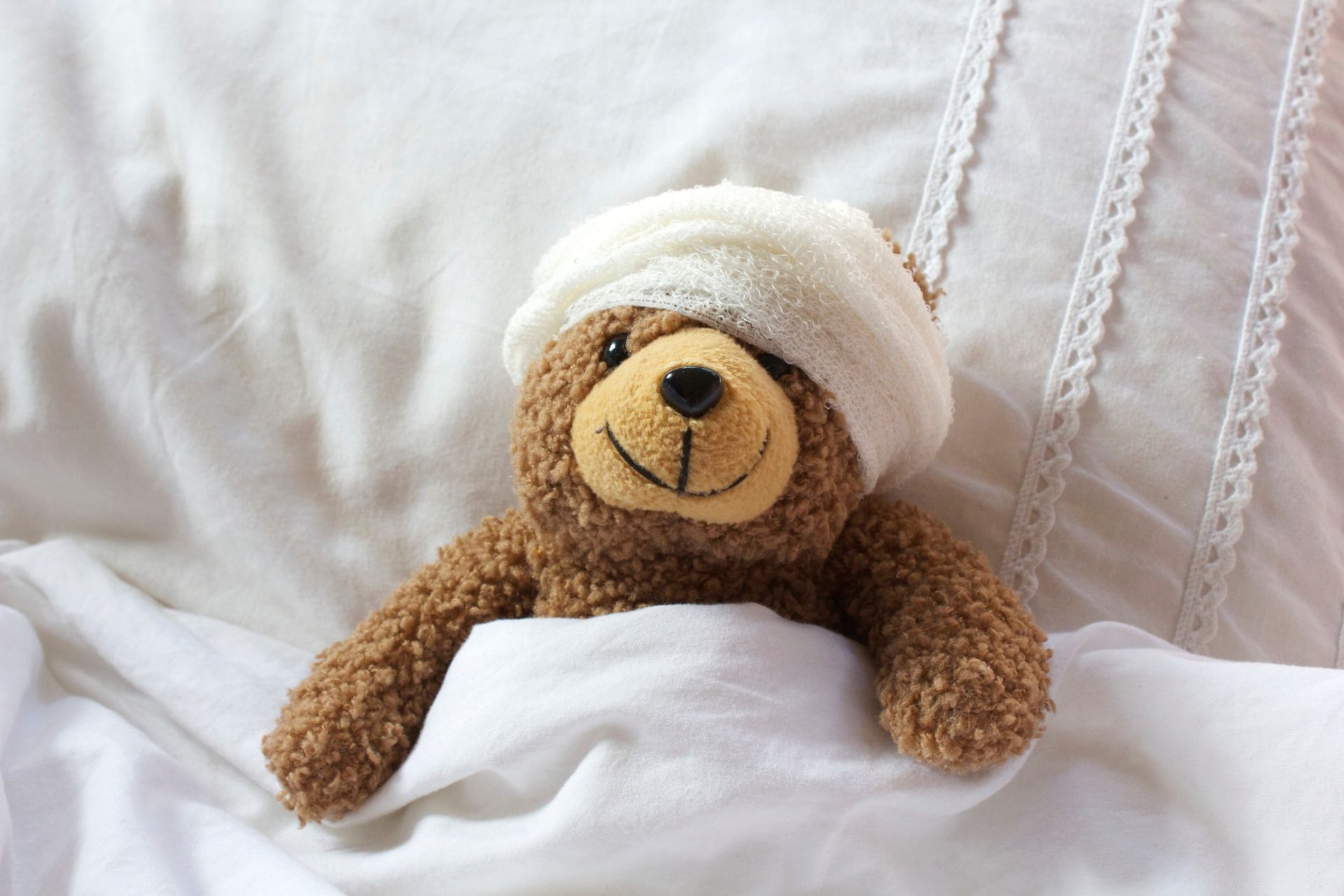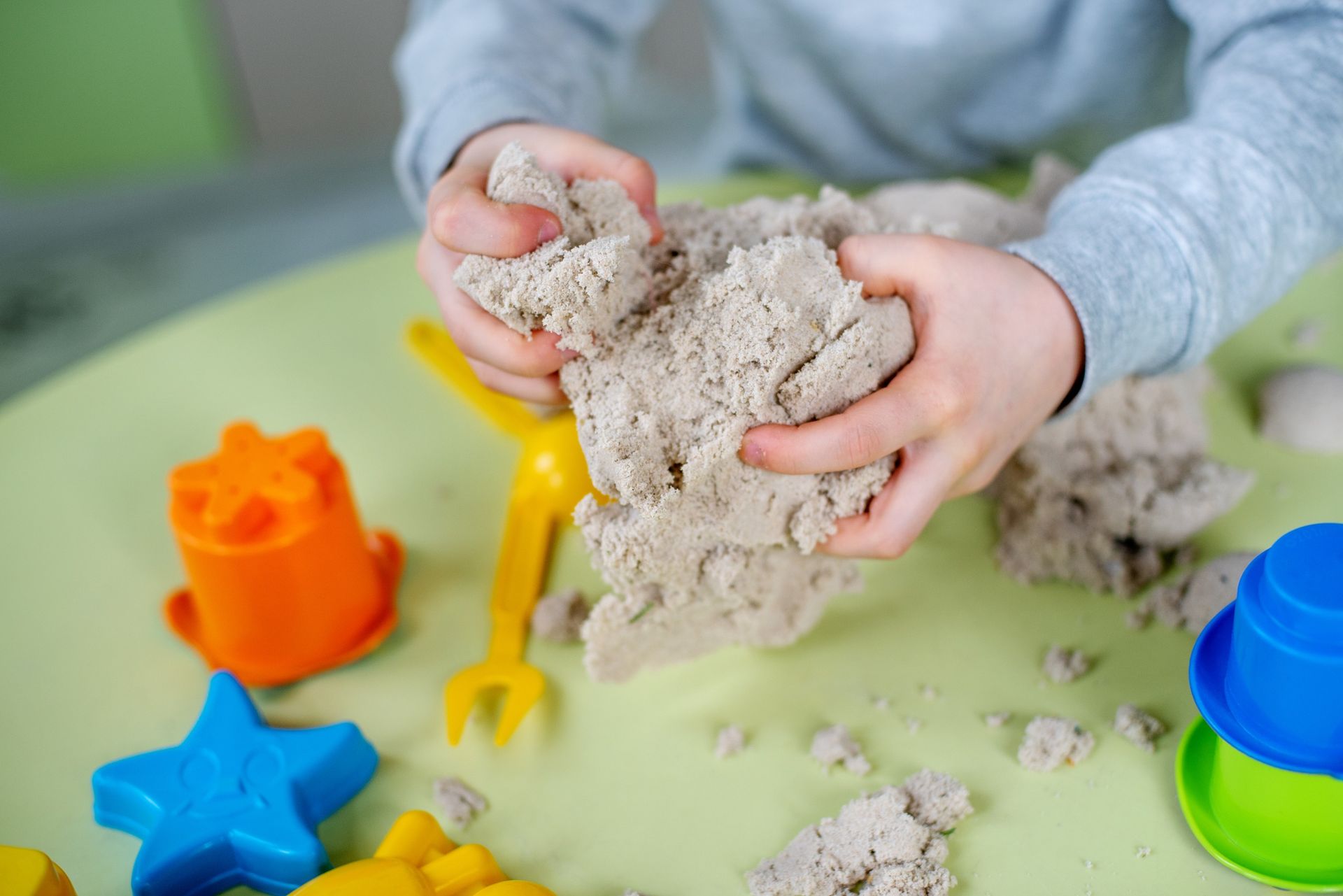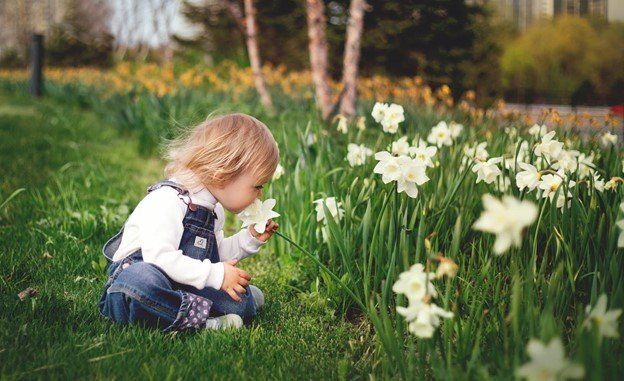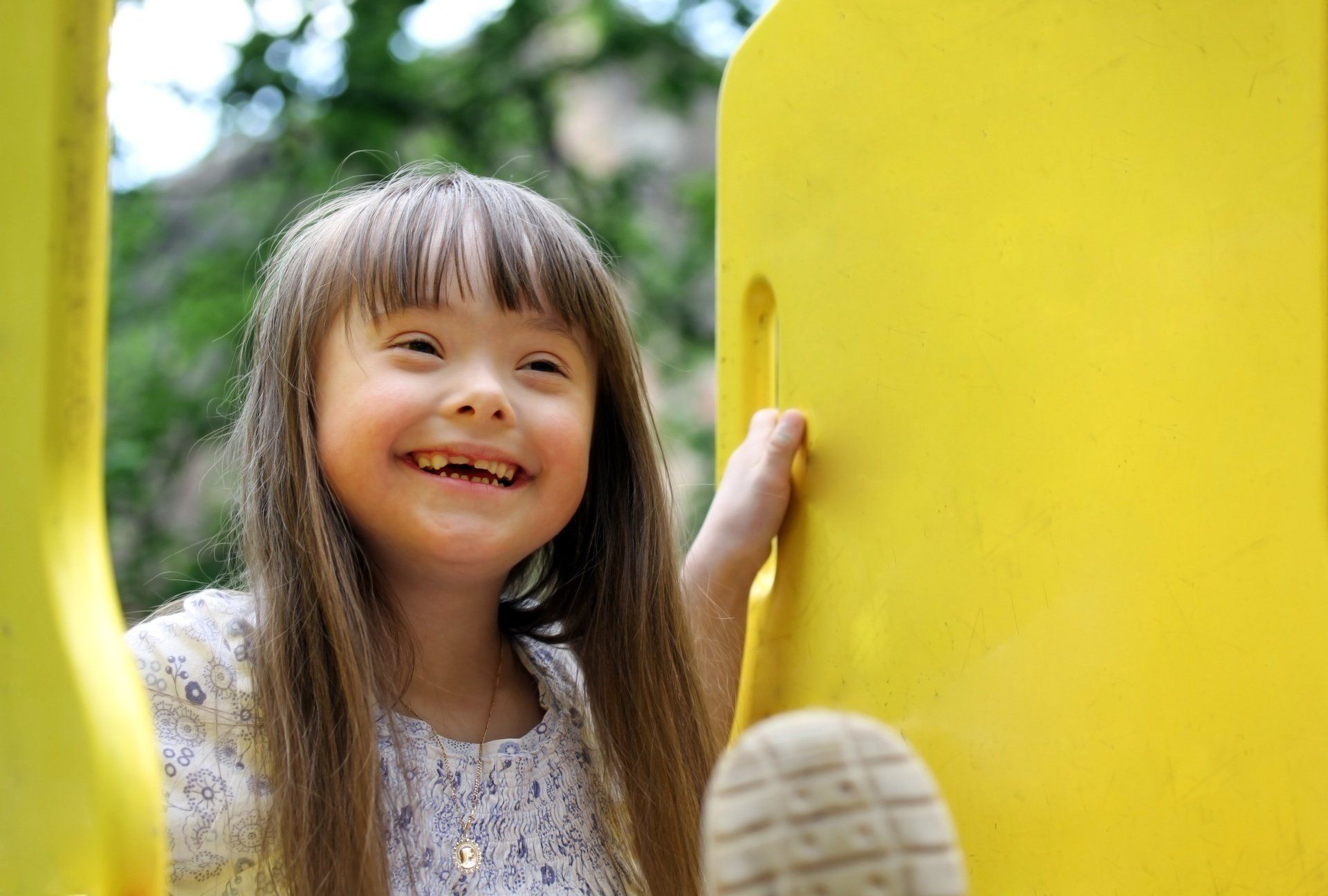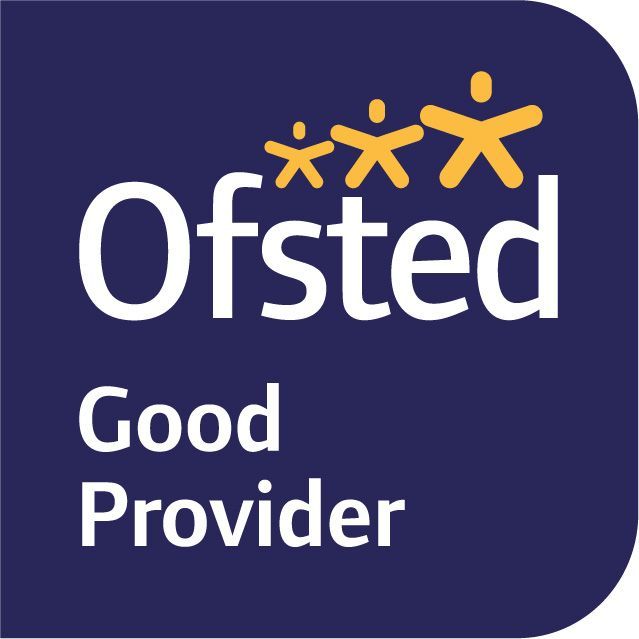Ideas for Activities and Routine During Self-Isolation
Puffin's Pre-School • April 16, 2020
The Puffin’s Routine
7:30am-8:30am
– Breakfast! Allow the children to pour their own cereal and milk, cut their fruit and butter their toast. It’s ok if they make a spillage, encourage them to tidy themselves. Encourage the children to pour any leftovers into the bin (if not able
to save) and either wash their dishes themselves or stack the dishwasher.
8:30am-11:30am
– Free Play and Activity time! Why don’t you break this time into the following?...
8:30am-9:00am
– Daily household duties: allow the children to choose their clothes and dress themselves, brush their teeth, wash their face and brush their hair. You are there to support them but allow them to try and practise these skills… practise makes perfect! Allow the children to make their bed, ask them to help sort the washing and tidy after breakfast time by wiping the sides and putting away anything that is left out.
9:00am-10:00am– Physical activity! Why don’t you try Joe Wicks’ PE class at 9am on youtube? You could then do some stretching or yoga after this to ensure muscles are fully stretched!
10:00am-11:30am
– Activity and learning! Use some ideas from the list above to provide activities for your child. This will also allow you as parents/carers, time to spend on your own work or duties.
11:30am-12/12:30pm
– Lunch time. The same as breakfast, allow your child to be involved in the preparation and cleaning of lunch as much as possible.
12:30-5:00pm
– Free play and Activity time! Break the time into sections again as suggested above to break up the afternoon. Maybe something like this…?
12:30-1:15/1:30pm
– Afternoon nap or ‘chill out’ time. If your child doesn’t sleep maybe use this time to allow them to read a story quietly or watch one of their favourite programmes.
1:30pm-3:30pm
– Activity and learning! Use some ideas from the list above to provide activities for your child. This will also allow you as parents/carers, time to spend on your own work or duties.
3:30pm-5:00pm: Physical Activity! Use one of our Physical Activity ideas above to fill this time. Why don’t you also play the ‘Sticky Kidz’ CD (we like the one with the yellow cover!) and allow the children to have a sing and dance (you could also join in!). The
children often sing and dance along to these songs at Puffin’s, it’s definitely a firm favourite!
5:00pm-6:00pm
– Dinner time. The same as breakfast and lunch, allow your child to be involved in the preparation and cleaning of dinner as much as possible.
6:00pm-6:30pm
– Daily Planning. Why don’t you plan tomorrow together? Give your child options for activities they will do and meals you will have tomorrow.
6:30pm-7:00pm
– Time to wind down… have a bath, share some cuddles whilst reading a story, lay and watch the stars.
Activity Ideas
Messy Play
- Playdough (recipes attached) – Add some sticks and leaves, glitter, flower petals
- Water play- give dollies and animals a bath, create a shipwreck, add food colouring or paint to create a different colour,
- Cornflour gloop (mix cornflour and water)
- Shaving foam play – add food colouring and paint, glitter, animals and dolls (get them messy in
- shaving foam to then wash off in the water!)
- Cutting and sticking magazines
- Use old boxes for making models
- Grate a bar of soap for a clean messy play
- Use funnels, cups and tubes at bath time
Physical Activities
- ‘Clubbercise’ with Lucy (search on Facebook)
- Joe Wicks Live PE sessions on YouTube at 9am Monday-Friday
- Thread painted pasta using string
- Make a music area using pots and pans
- Sticky Kids – search ‘Sticky Kids’ on Spotify. We particularly love the ‘Funky Monkey’ song!
- Hammer/tap nails into an apple
- Open padlocks using keys- are they able to find the correct key?
- Using pegs, hang clothes on the washing line
- Planting seeds
- Yoga (Search for Cosmic Kidz on youtube)
- Stretching
- Dancing!
Promoting Independence
- Cooking together (recipes attached – we will also be sending new recipes out on our weekly newsletter!)
- Food preparation – cut/peel vegetables or fruit, measure ingredients, mix ingredients together
- Household duties such as help with the tidying up, dusting, sorting the laundry, hoovering, tidying toys away, making the bed
- Choose own clothes and dress themselves (let the children be creative!)
- Potty training
Literacy Skills
- Read stories and talk about what happened or what might happen – talk about the characters and their characteristics
- Talk about and make a story from own experiences
- Write your own story
- Practice writing own name/name recognition – can your child practise tracing their name?
- Using paintbrushes to make marks in the sand
- Using teddies and props from home to sing songs e.g. Monkey =Three little monkeys jumping on bed
- Drawing using pencils, pens, chalk etc
- Jolly phonics (Search this on youtube)
Maths Skills
- Use buttons for counting, as money or to create a picture
- What shapes can you find in your house?
- Can you see any numbers in your house?
- When cooking, ask the children to weigh and measure the ingredients – “2 eggs” or “1 spoonful”
- Role play shops – make your own price tags, make your own money, use coins to count and ‘buy’ objects
Imaginative Play
- Build a den using sheets, blankets, pillows and use a torch if it’s dark to look around
- Teddy bears picnic
- Create a treasure hunt around the house
- Use wooden bricks and blocks to create a small world scene for your animals or small world people
- Cut out small shapes/animals and stick to a straw and use as puppets (can also shine torch on wall)
- Create a shop using real food (link this to Maths by creating your own price tags and money)
- Orchard Games are always very fun for children and usual have learning aspects
You can access Twinkl or Sparklebox. These are websites that provide resources that can be download for free.
Feel free to create a diary of all the things you have done in order to share with Puffins when you come back – we would love to hear what everyone has been up to!
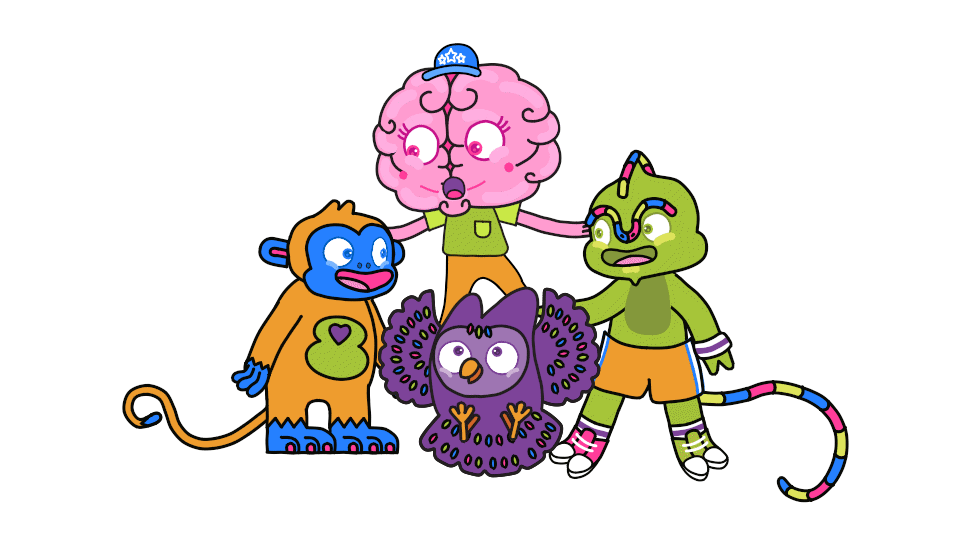
Have you ever wondered why your preschooler melts down when their toast is cut the “wrong” way, or why transitions can feel so big and overwhelming? It’s not just a phase, it’s brain development in action. At this age, your child’s brain is growing rapidly, but it’s still under construction. That’s where The Brain Friends come in- a simple, science-based way to help parents and children understand what’s going on inside those little heads (and hearts). The Brain Friends are four characters that represent key parts of your child’s developing brain. Together, they help make sense of big feelings, tricky behaviour and moments when everything just feels a bit much. Let’s meet them... Lenny Lizard lives in the brainstem, the part of the brain responsible for keeping the body alive and ready to act. He controls basic functions like breathing, heart rate, and movement. When your child jumps, runs, pushes, hides, or hits without thinking, that’s Lenny in charge. Lenny’s job is to mobilise the body quickly in response to discomfort or stress. He doesn’t plan or think things through — he reacts. He’s essential for survival, but sometimes he takes over when a child is just hungry, overstimulated or tired. Mylo Monkey lives in the emotional part of the brain, where the amygdala and hippocampus are. He’s the one who sounds the alarm when something feels big, scary or upsetting. Mylo doesn’t use logic — he uses feelings. That’s why your child might panic, cry or cling when something unexpected happens. Mylo is communicating through emotion. Orla Owl lives in the thinking part of the brain, the prefrontal cortex (which is still developing into their 20s!) She’s in charge of reflection, problem-solving and reasoning. But Orla can only come online when Lenny and Mylo are calm. That’s why young children can’t “just calm down” or talk about their feelings in the moment; their brains haven’t made that leap yet. Brilliant Brain helps connect everything together. He’s in charge of learning and growing through practice. When your child uses the Brain Friends regularly, they’re not just behaving better, they’re building new neural pathways that support emotional development, resilience and independence over time.
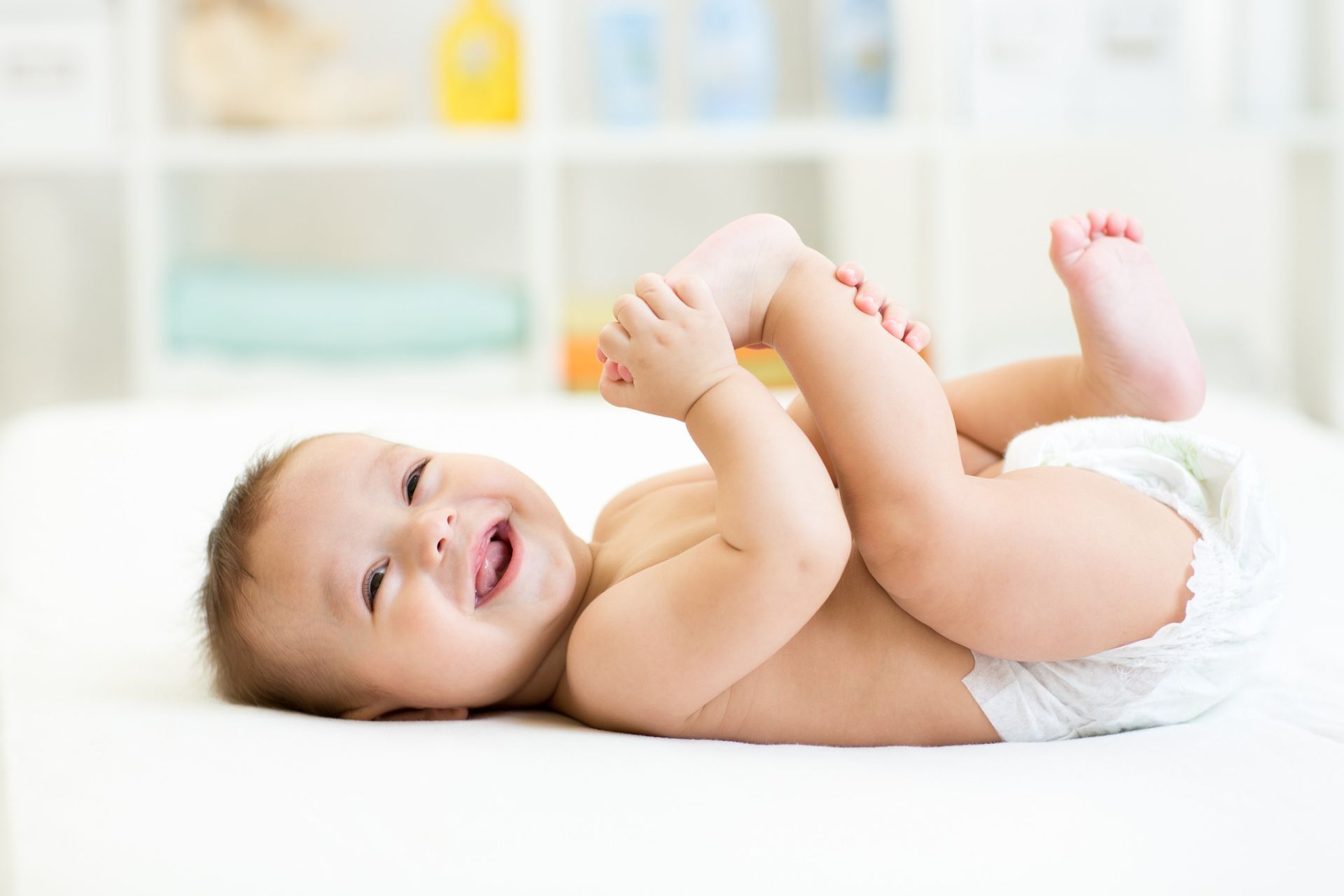
It’s a common question, along with asking if they should wear shoes. Find out all the answers below from a blog post we found from the Start Rite website. Babies are delicate and require our utmost care and attention – this goes for their feet too. One of the many things for new parents to think about is whether or not their baby needs socks. While socks may seem like a small detail, they can actually play a role in your baby's comfort and development. Babies are not able to regulate their body temperature as effectively as adults, and their extremities, such as their hands and feet, can become cold quickly. Socks provide an extra layer of insulation, keeping the baby's feet warm and comfortable. This is especially important during the colder months or in air-conditioned environments. In addition to keeping your baby's feet warm during colder days, socks can also offer a degree of protection. When babies start to crawl, they are at risk of injuring their feet, particularly when outside or on very hard and uneven surfaces. But, it is important to note that socks should not be used as a replacement for proper footwear. When your baby is starting to crawl, allowing them to do so barefoot is best. However, if you have cold floors, or the childcare provider you use insists on foot coverings, we’d always recommend a correctly fitting pair of pre-walkers worn with socks.
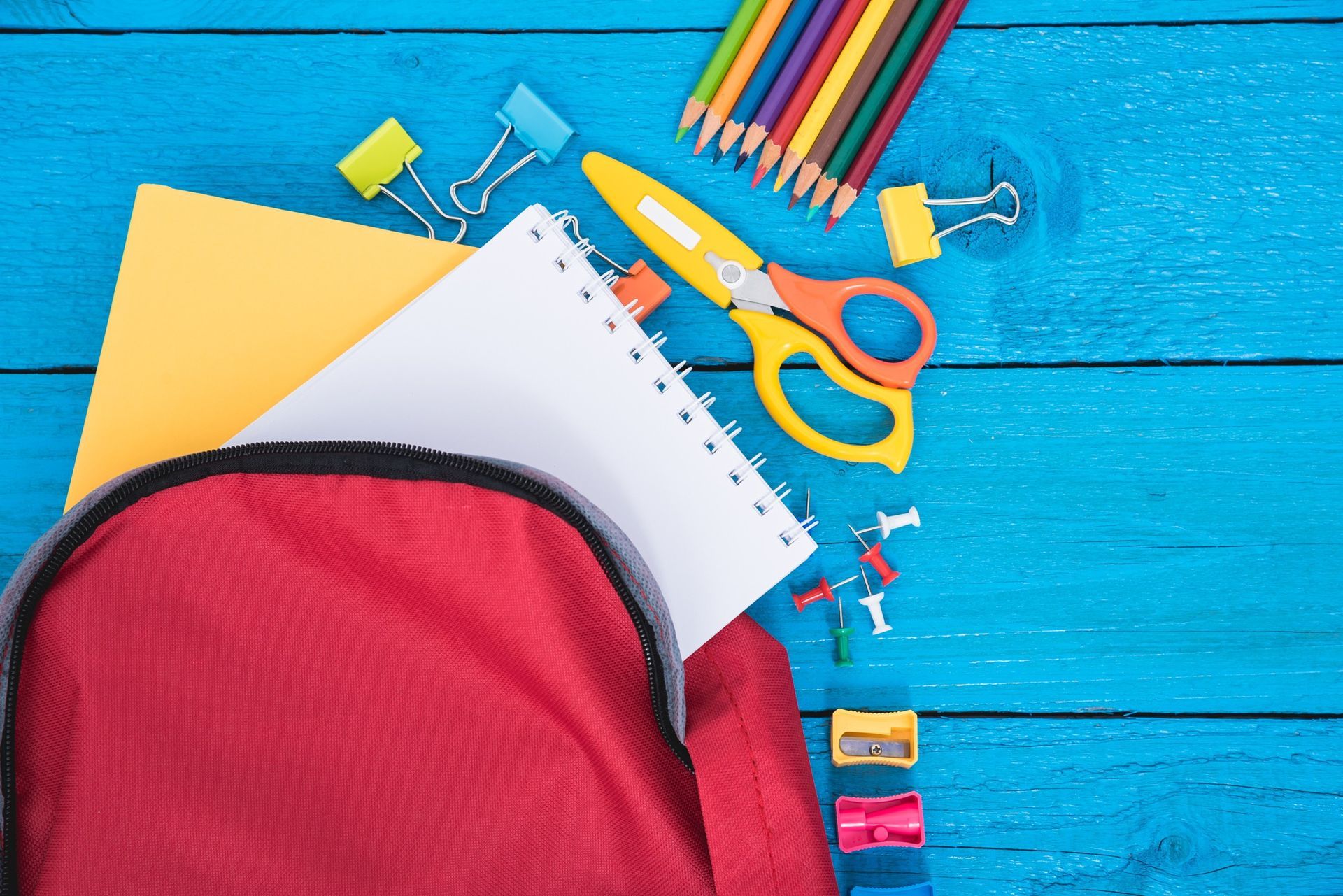
Going back to school at the end of the summer holidays can mean a great big to-do list. Preparing to head back to school involves many things, from buying new school shoes to easing into an earlier bedtime before the first day back. One thing that is often overlooked, though, is the emotional side of going back to school. Please take a look below at ways to overcome anxiety which we found on the Start Rite website.
